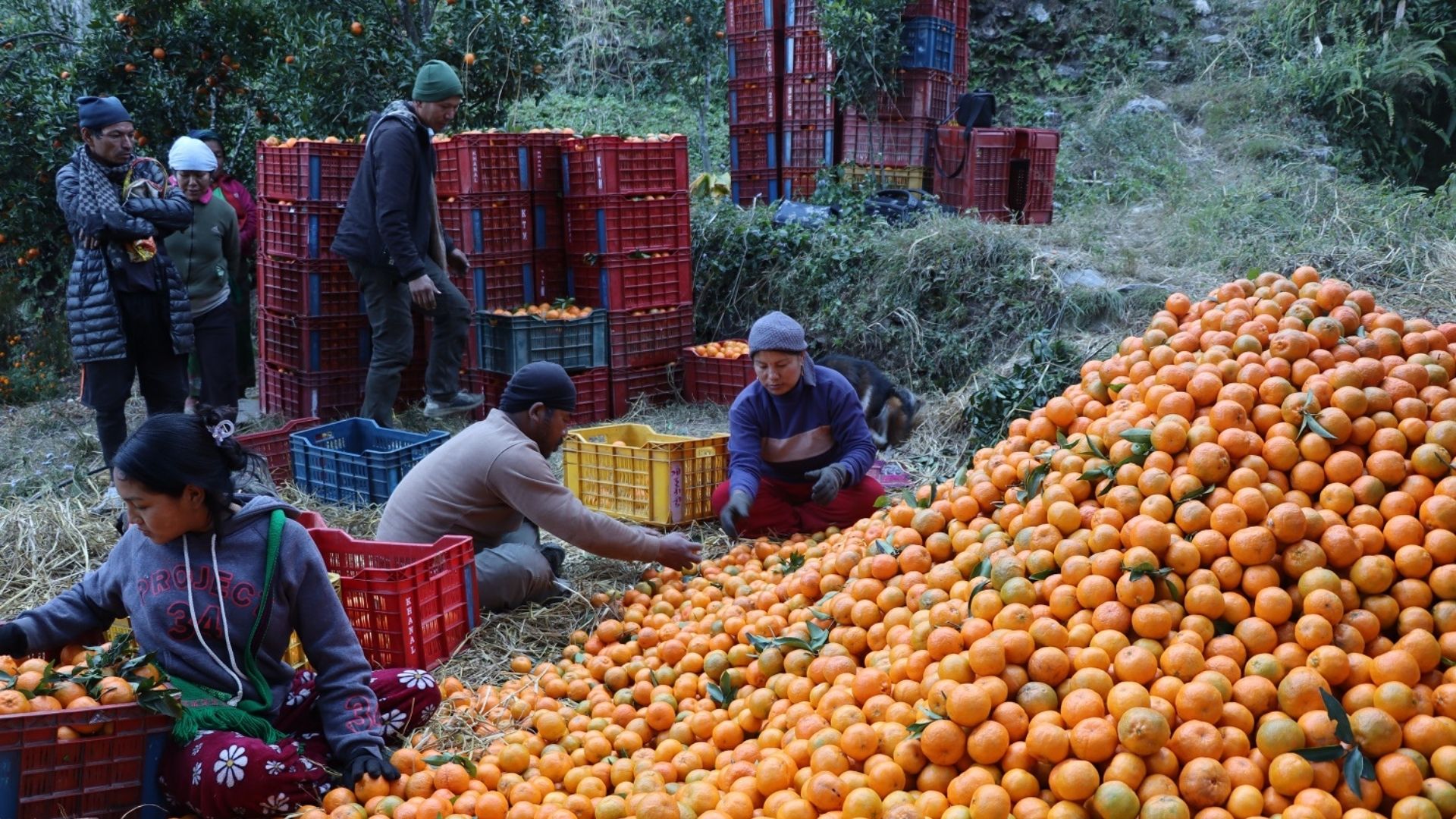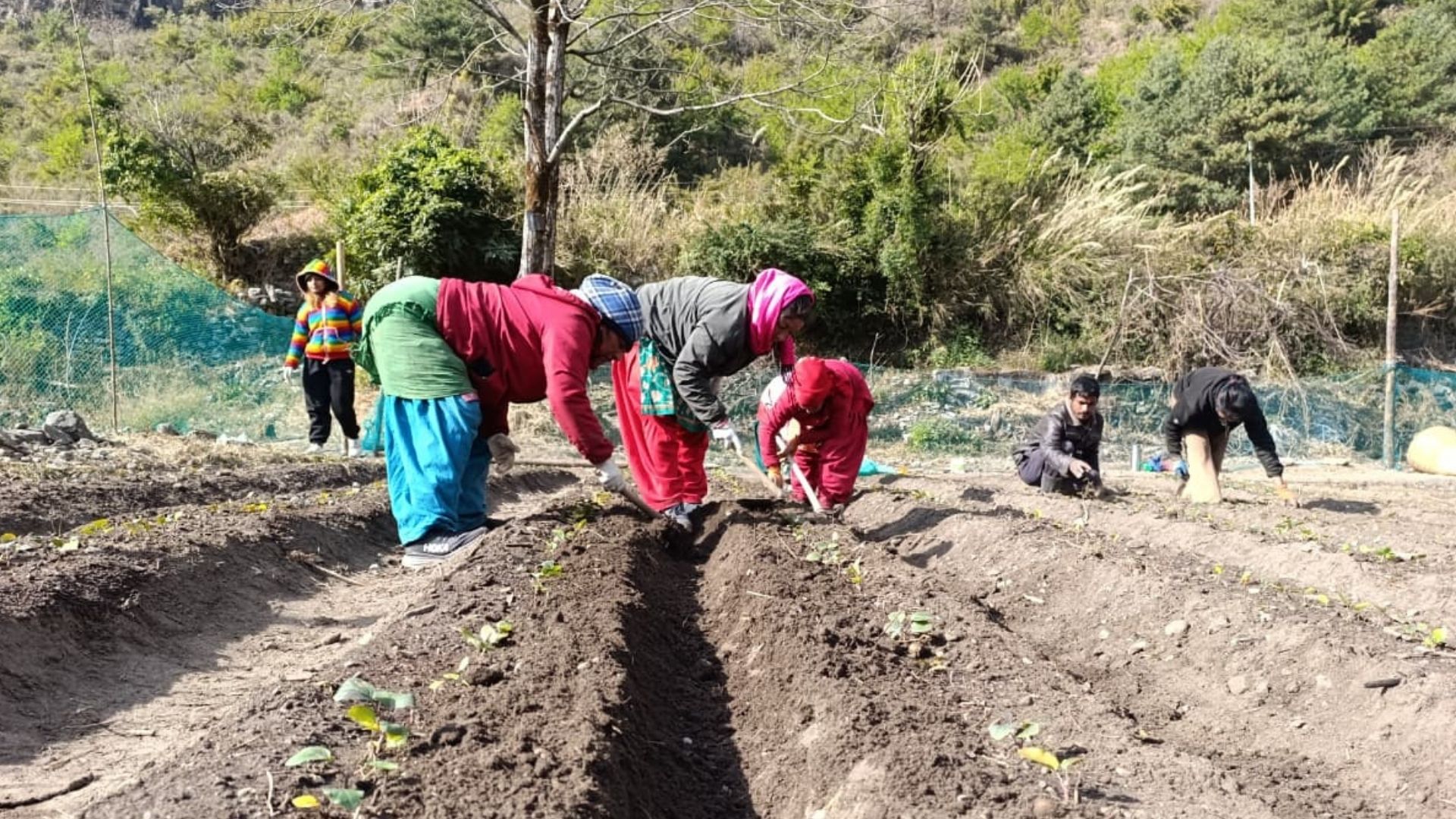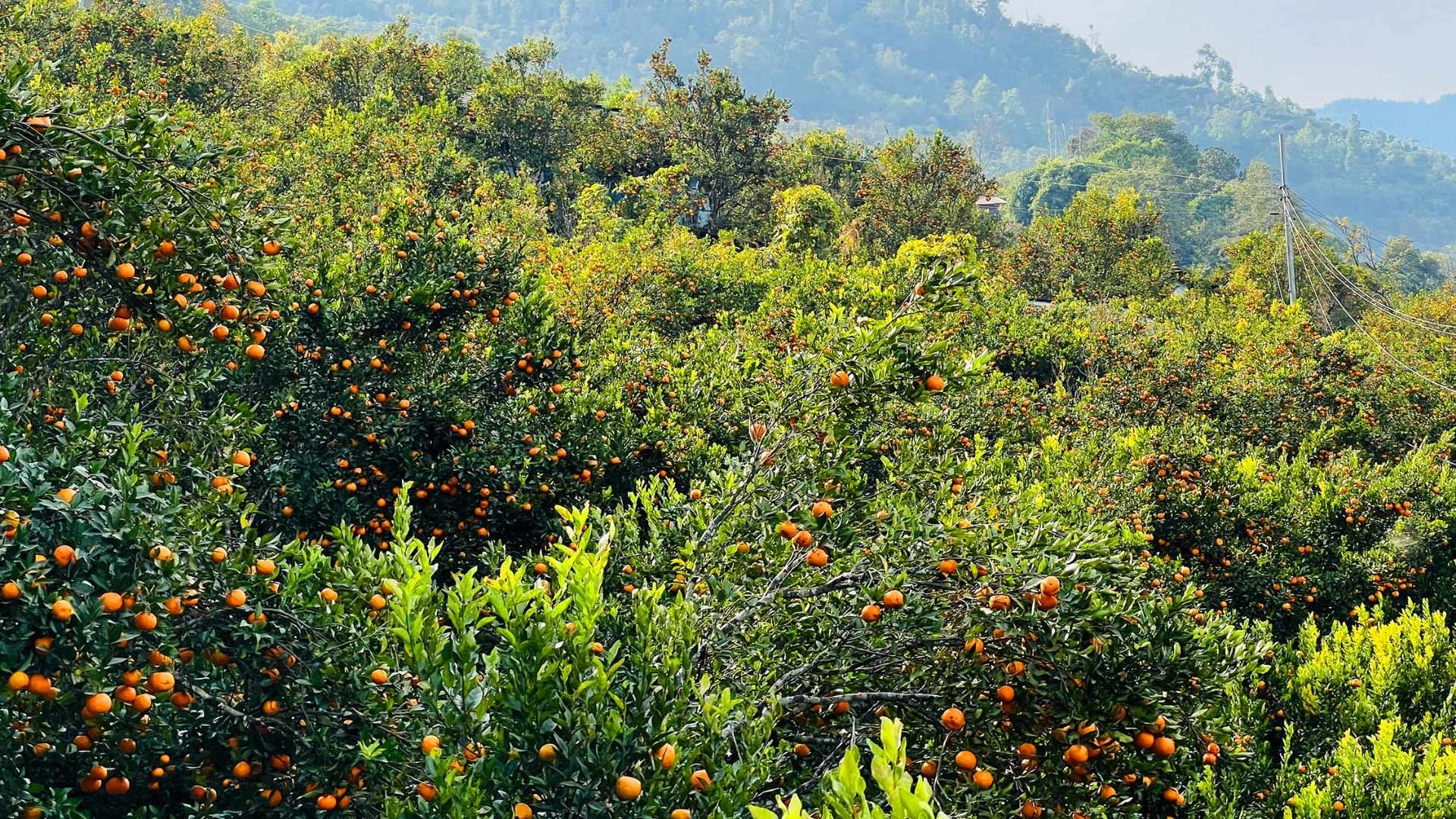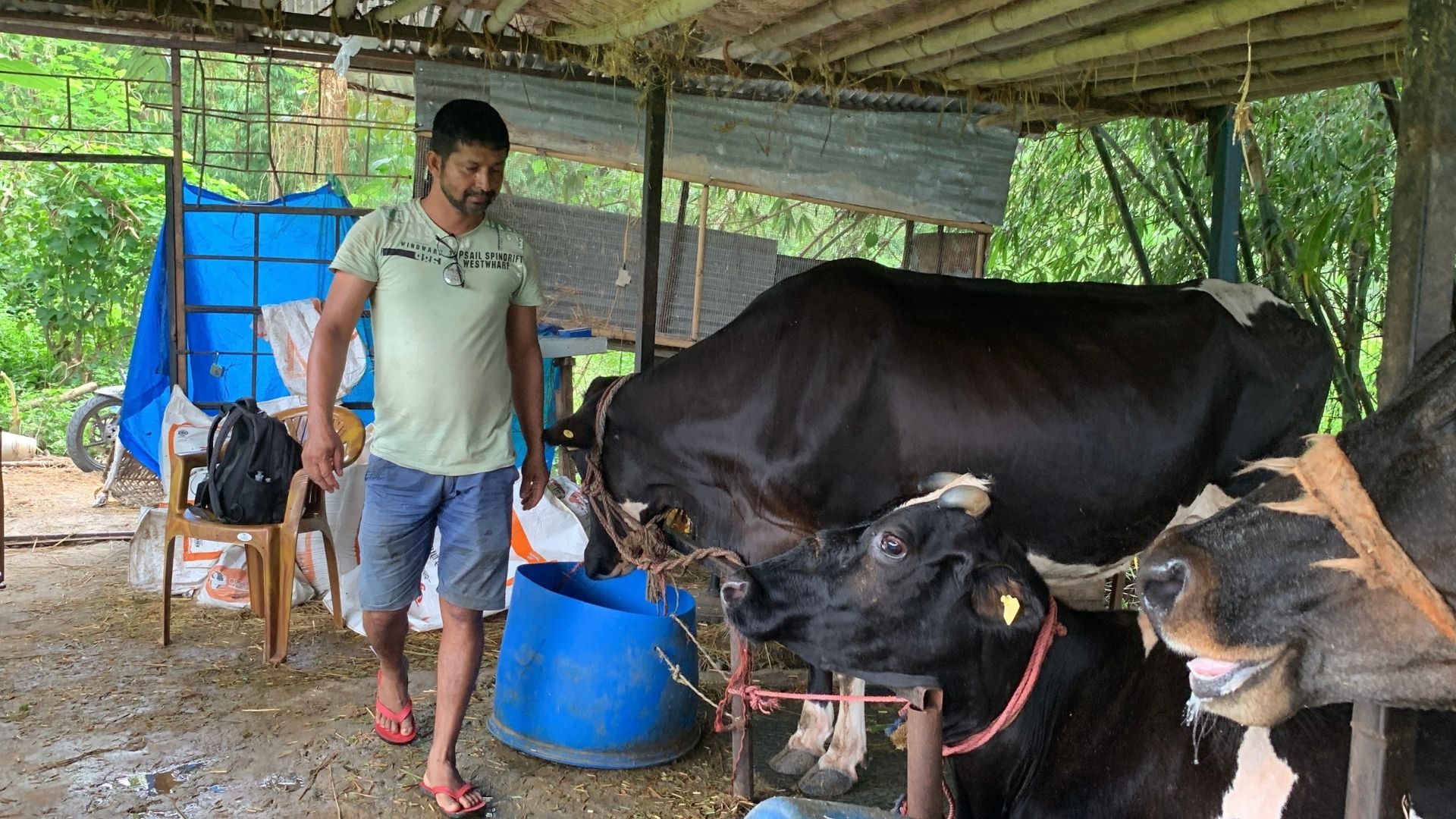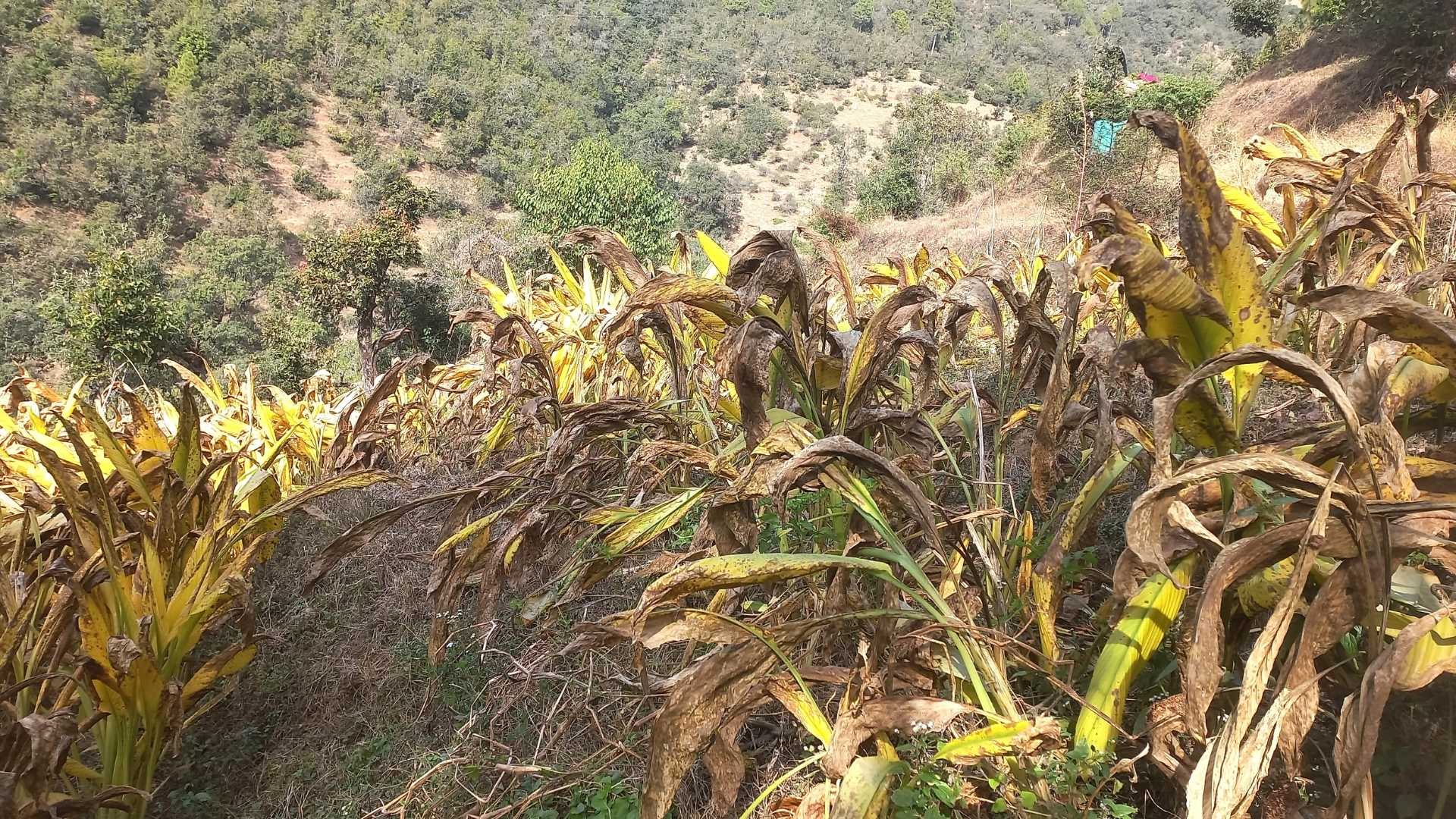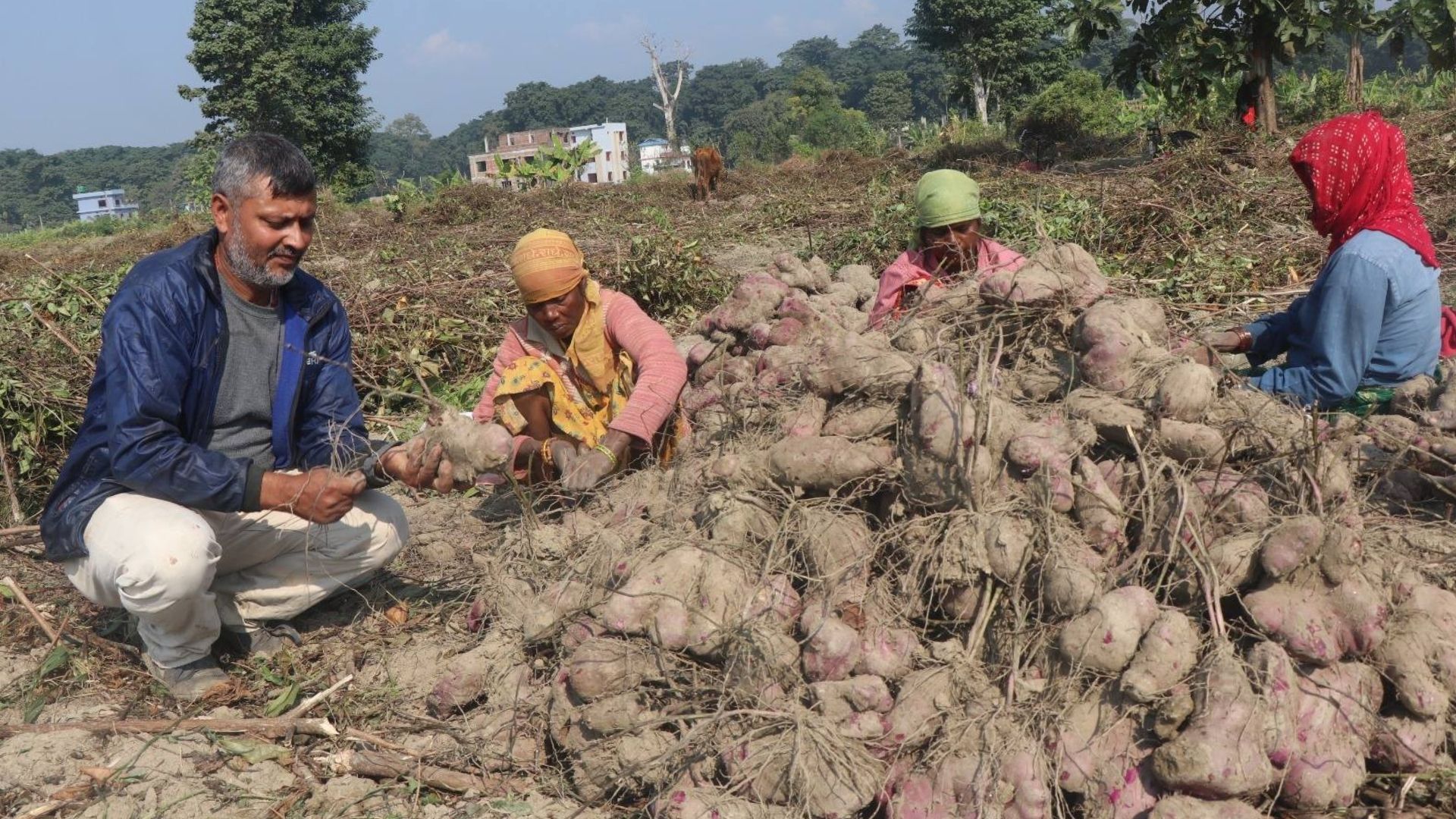Women in Taplejung are getting into entrepreneurship utilizing local raw materials available in rural areas. With support from the local government and various organizations, they are developing their skills and creating sustainable businesses.
Deepa Limbu from Phungling Municipality-10 has been engaged in allo processing for the past one year. After finishing her household chores, she spends her afternoons producing various items from Allo, also known as Himalayan Nettle, a plant that grows abundantly in the higher altitudes of the country and can be used as raw material to produce high-value goods such as bags and clothes.
Similarly, 65-year-old Gangamaya Limbu from the same village has become self-sufficient by producing materials from Allo cloth. Roopmati Limbu, a fellow villager, has also received training and is actively engaged in the production of allo products.
In Phurumbu village, 16 women have come together to collectively produce allo materials. Their entrepreneurial journey began with financial and technical support from the Himalayan Conservation Forum, Red Panda Network, Federation of Nepal Cottage and Small Industries (FNCSI), and Phungling Municipality. The initiative, which started last year, has brought significant changes to their lives. The training they received has equipped them with skills in enterprise development, collection, processing, and production of Allo.
As a result, they now produce a variety of items, including clothes, bags, purses, handkerchiefs, and more.
Bishnu Shrestha, the Women’s Vice President of the FNCSI, mentioned that there has been increasing demand for allo products, particularly from schools. “The market is expanding because the quality of the goods produced by these women is excellent,” she said.

Ramesh Rai, Program Coordinator of the Himalayan Conservation Forum, shared that the Red Panda Network and the Himalayan Conservation Forum have invested Rs. 2.4 million in this campaign. Additionally, Phungling Municipality has contributed Rs. 200,000, the Ward Office Rs. 150,000, and the Cottage and Small Industries Office Rs. 200,000.
As part of the training and collective production efforts, the women have established the ‘Phurumbu Allo Textile Industry.’ The local government and the Himalayan Conservation Forum are assisting in marketing the products produced by this collective enterprise.
Santosh Limbu, the Ward Chairman of Phungling Municipality-10, stated that the municipality plans to supply the women’s products to schools. He emphasized that this initiative is not only about promoting local products but also about showcasing the district’s unique identity.
Shrestha also pointed out that women can earn a good income by utilizing local resources and skills, without being confined to household responsibilities. She added, “If the local government supports production, it will further encourage women.” The processing and production of raw materials at the local level have helped make these women self-reliant. This has improved their standard of living and social standing.
The women of Phurumbu have become a powerful example of self-employment through collective action. Chandra Kumari Limbu, Chairperson of the Phurumbu Allo Processing and Textile Industry, noted that their confidence has grown with their products, made from locally sourced materials, finding a market.
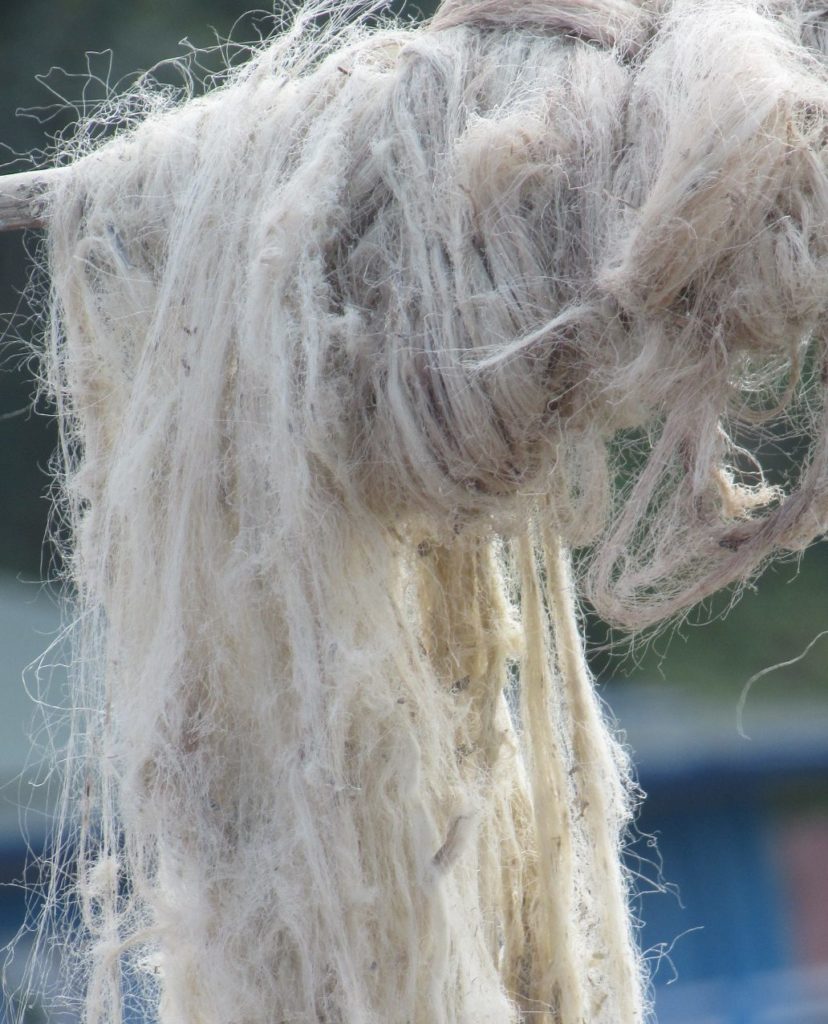
Looking to the future, the group has plans to expand their production commercially, with hopes of exporting their products both nationally and internationally. Limbu remarked, “With easier access and support, our products can reach a broader market.”
The collective efforts of these women have opened up new opportunities for self-employment in rural areas. This initiative has made a significant contribution to women’s empowerment and local development, offering a hopeful model for others to follow.
– Published from Rastriya Samachaar Samiti (RSS)







